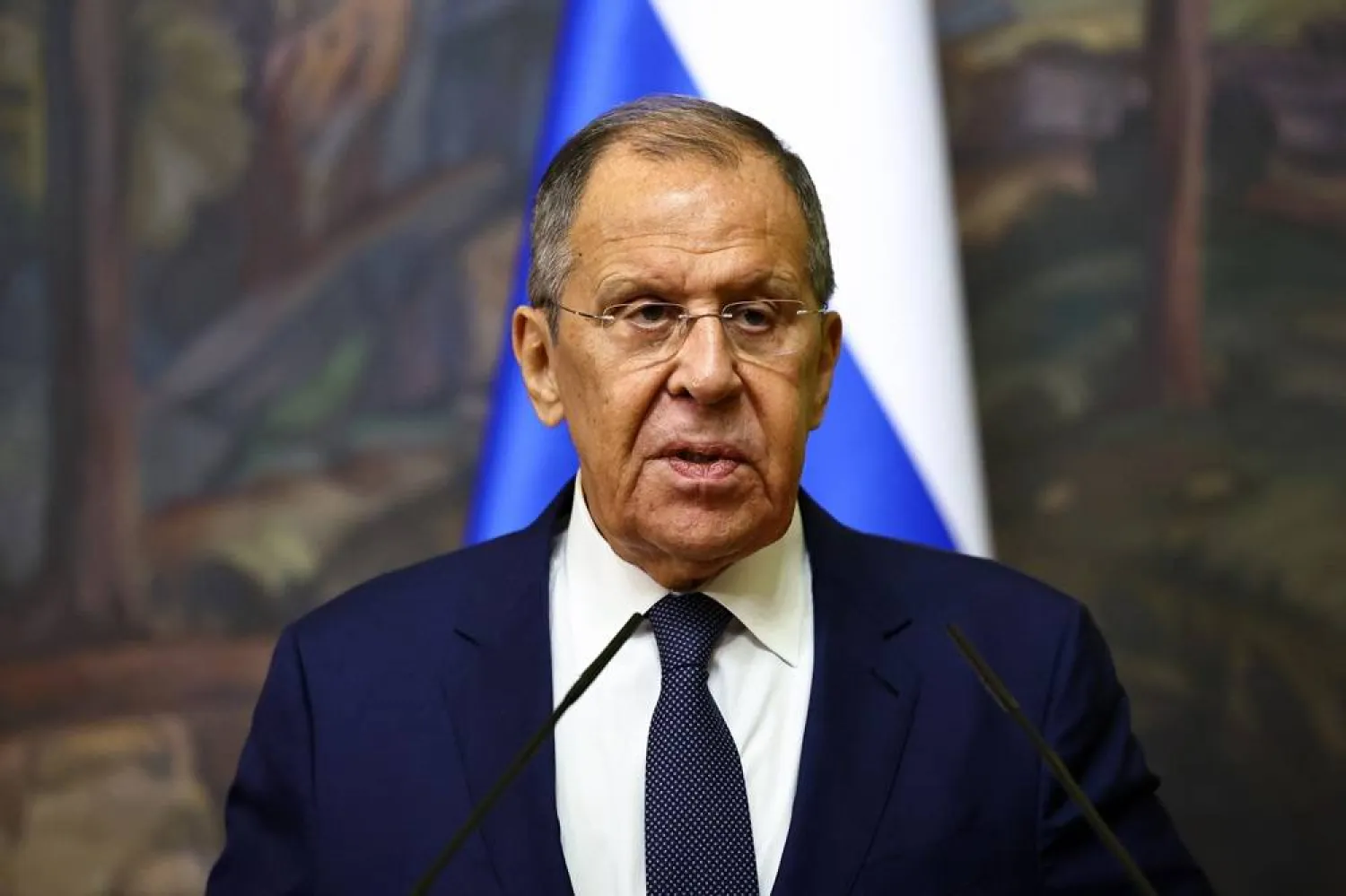Russia said the West was playing with fire by considering allowing Ukraine to strike deep into Russia with Western missiles and cautioned the United States on Tuesday that World War Three would not be confined to Europe.
Ukraine attacked Russia's western Kursk region on Aug. 6 and has carved out a slice of territory in the biggest foreign attack on Russia since World War Two. President Vladimir Putin said there would be a worthy response from Russia to the attack.
Sergei Lavrov, who has served as Putin's foreign minister for more than 20 years, said that the West was seeking to escalate the Ukraine war and was "asking for trouble" by considering Ukrainian requests to loosen curbs on using foreign-supplied weapons.
Since invading Ukraine in 2022, Putin has repeatedly warned of the risk of a much broader war involving the world's biggest nuclear powers, though he has said Russia does not want a conflict with the US-led NATO alliance.
"We are now confirming once again that playing with fire - and they are like small children playing with matches - is a very dangerous thing for grown-up uncles and aunts who are entrusted with nuclear weapons in one or another Western country," Lavrov told reporters in Moscow.
"Americans unequivocally associate conversations about Third World War as something that, God forbid, if it happens, will affect Europe exclusively," Lavrov said.
Lavrov added that Russia was "clarifying" its nuclear doctrine.
Russia's 2020 nuclear doctrine sets out when its president would consider using a nuclear weapon: broadly as a response to an attack using nuclear or other weapons of mass destruction or conventional weapons "when the very existence of the state is put under threat".
RUSSIA'S RESPONSE
Ukrainian President Volodymyr Zelenskiy said earlier this month that the assault on Russia's Kursk region showed that Kremlin threats of retaliation were a bluff.
Zelenskiy said Ukraine, because of the restrictions imposed by allies, could not use the weapons at its disposal to hit some Russian military targets. He urged allies to be bolder in their decisions about how to help Kyiv in the war.
Russia has said that Western weaponry, including British tanks and US rocket systems, have been used by Ukraine in Kursk. Kyiv has confirmed using US HIMARS missiles to take out bridges in Kursk.
Washington says it was not informed about Ukraine's plans ahead of the surprise incursion into Kursk. The United States has also said it did not take any part in the operation.
Putin's foreign intelligence chief, Sergei Naryshkin, said on Tuesday that Moscow did not believe Western assertions that it had nothing to do with the Kursk attack. Russian Deputy Foreign Minister Sergei Ryabkov said the involvement of the United States was "an obvious fact".
The New York Times reported that the United States and Britain provided Ukraine with satellite imagery and other information about the Kursk region in the days after the Ukrainian attack.
The Times said that the intelligence was aimed at helping Ukraine keep better track of Russian reinforcements.









